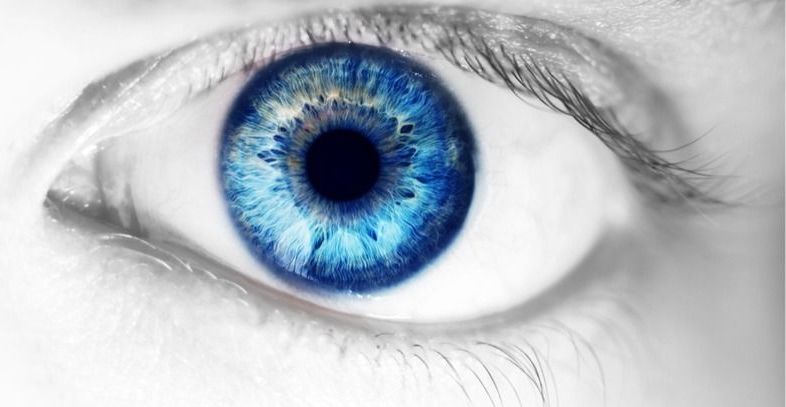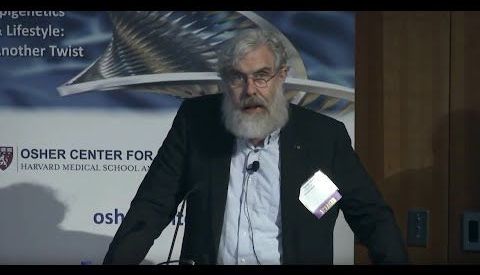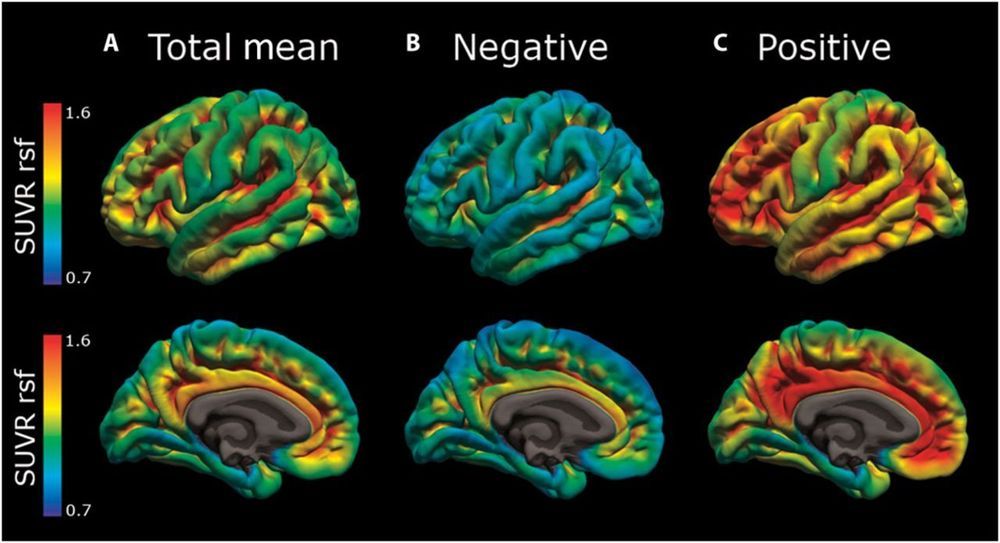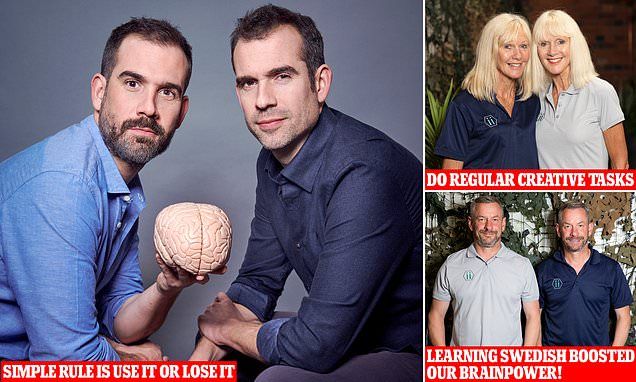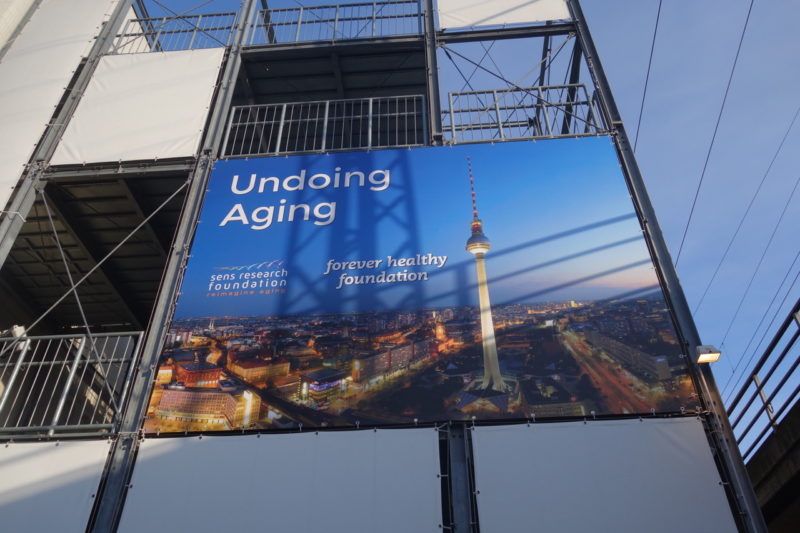LEAF writer Nicola Bagalà considers whether living past 40 is fundamentally different from living past 80.
Imagine this scene: you, a life extension supporter, are with a group of people talking about this and that, and, at one point, the opportunity to mention life extension presents itself. You expect people to react to it with “Yay! Longer life in good health! No more aging!” but reality doesn’t quite match up to your expectations; rather, all you get is the frustration of looking at how everyone nods approvingly when somebody puts on a great philosopher’s hat and asks rhetorically: “Would it really make us happier if we could live to 150?” Boy, is that ever irritating.
Actually, it isn’t really the specific question per se that is irritating—basically, whether living much longer than the current average would bring us more happiness—but rather that nobody ever asks whether living to 80 years old, for example, would make you any happier than you would be if you lived to only 40. If the first question is legitimate, the second one should be as well, and, by induction, you could work your way down to zero and ask whether being born makes you any happier than not being born. (Arguably, it doesn’t—babies inside the womb are generally quite peaceful and blessed looking, which is more than can be said of their mood once they pop out, but few people would agree that this is a good reason to abort each and every fetus.)
Maybe it is somehow established that living to 80 is sure to bring more joy than checking out at 40? Maybe it is equally well proved that living to 150 doesn’t make you any happier than hopping off the life train at 80? (Hardly—I don’t know of any 150-year-olds complaining about it, and neither do you.)
Read more
